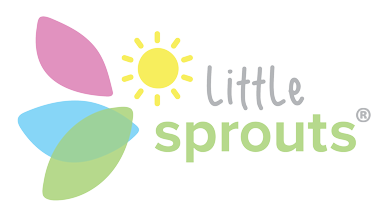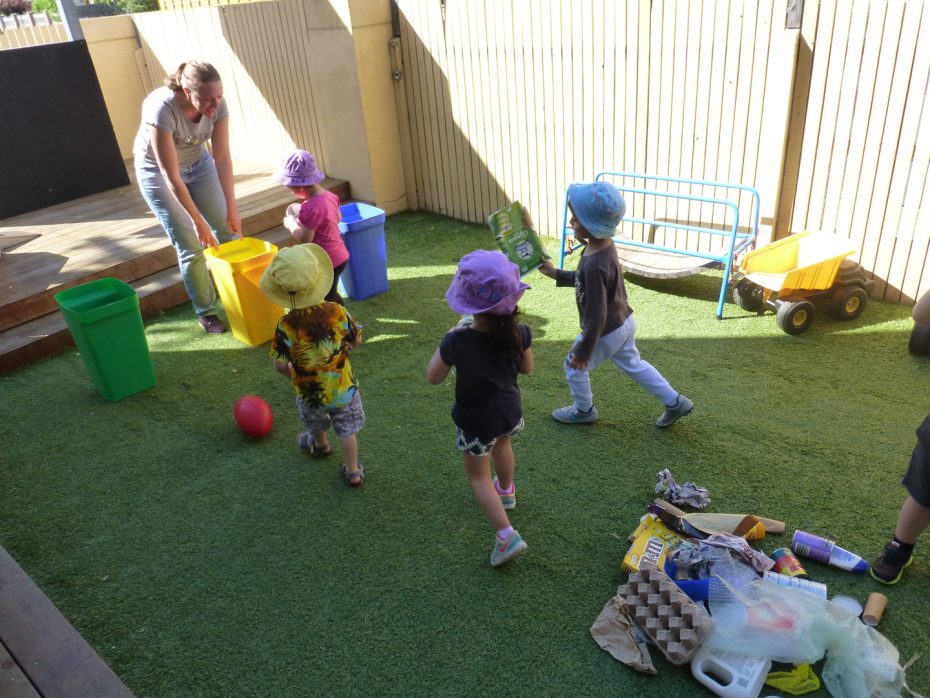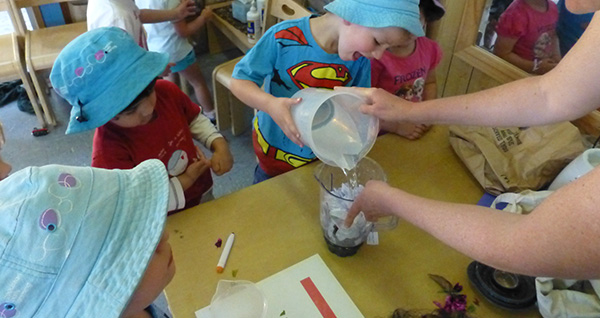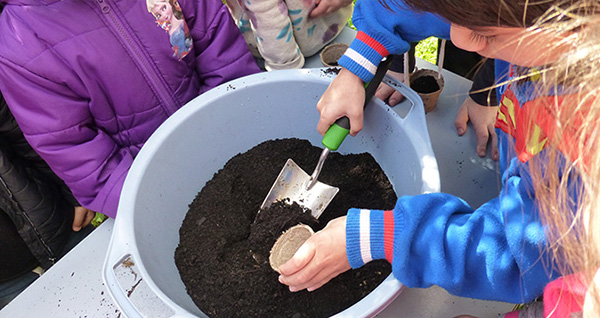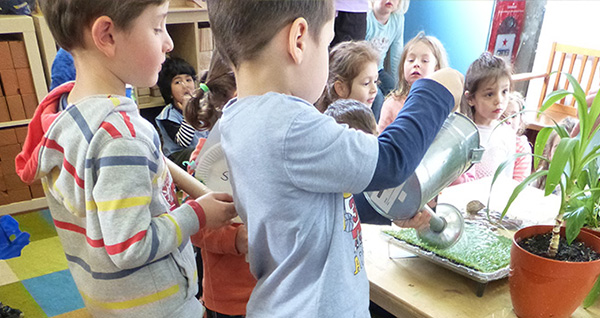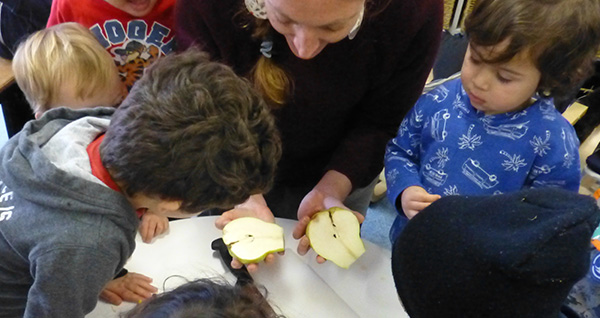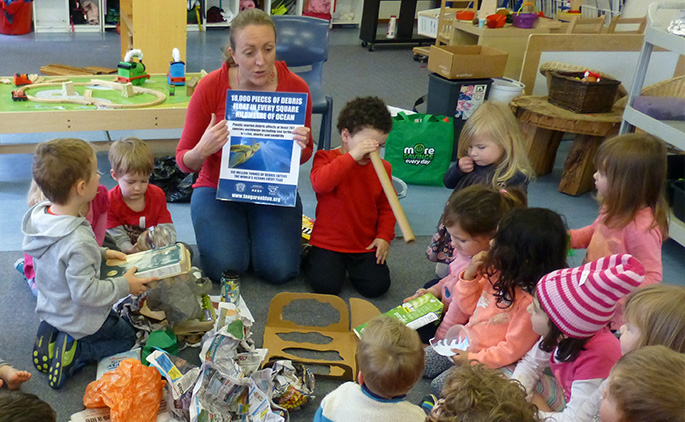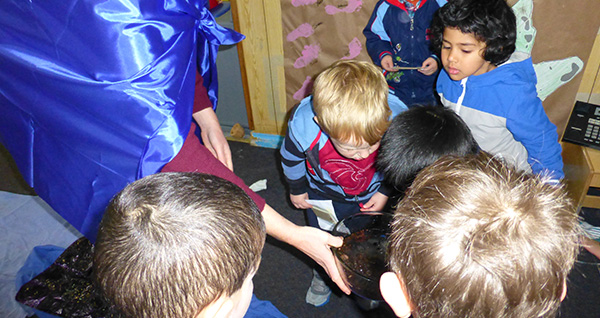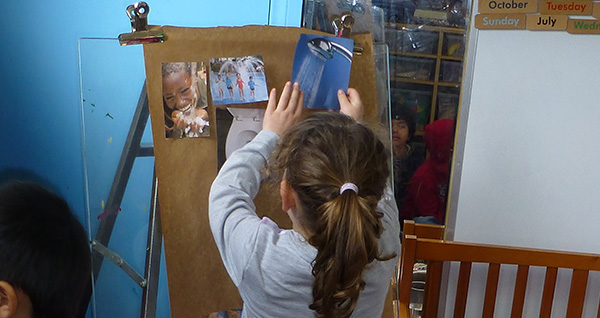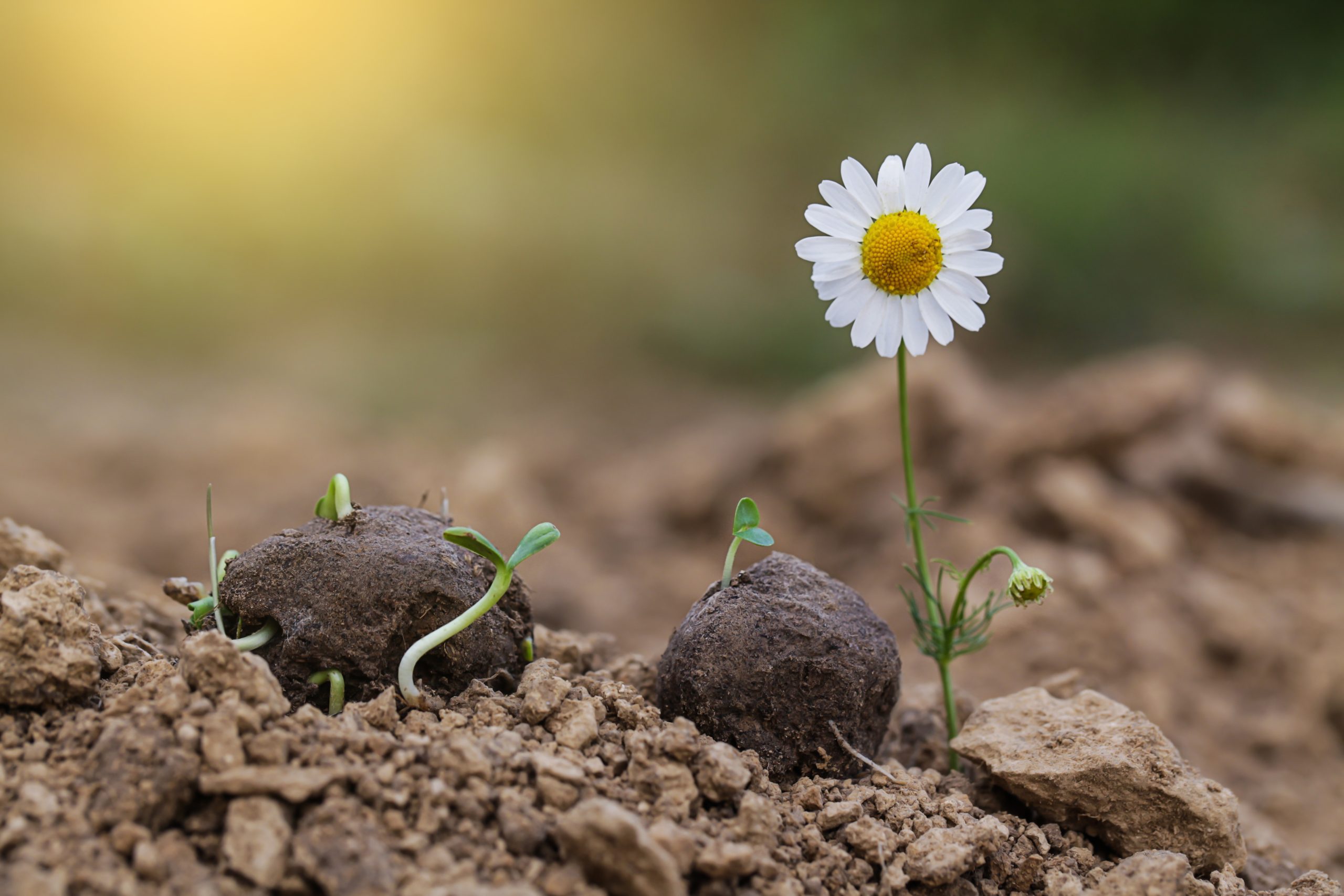Case study: Goodstart Early Learning
Introducing good waste management practices at six centres in Melbourne.
7 tonnes
less waste produced per year from the six centres combined
Over $2000
savings to Goodstart per year for the improved waste services at six centres
25-50%
of waste can now be recycled by the six centres
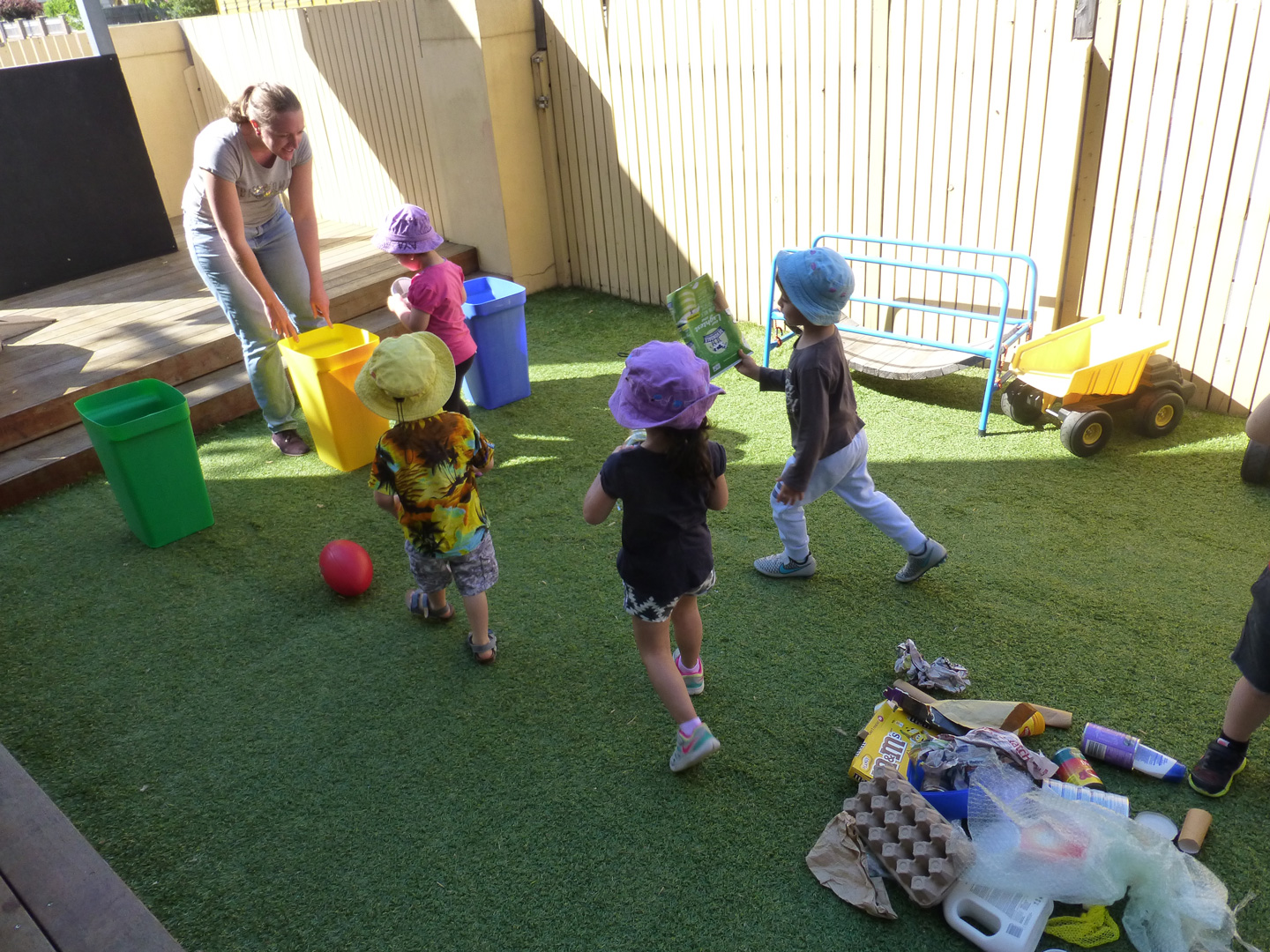
Close to 360 children and over 80 staff now have the opportunity to recycle at the six centres
Goodstart Early Learning sets a leading example
As Australia’s largest provider of early learning and childcare, it is important for Goodstart Early Learning to minimise waste produced by its centres. This project presented an opportunity for Goodstart to set a leading example to the larger sector and local community on good waste management practices. The aim of the project was for Little Sprouts to help improve the capacity of centres to effectively recycle, and provide feedback to Goodstart to assist with future recycling efforts.
In 2015–16, the Little Sprouts Program supported six Goodstart Early Learning Centres in Melbourne, Victoria to transition to recycling and more effective waste management strategies. Centres included Goodstart Early Learning Preston, Brunswick West, Coburg, Pascoe Vale Cumberland Road West, Pascoe Vale Cumberland Road East, and Glenroy Pascoe Vale Road. The centres were diverse, ranging in capacity from 30 to 99 children, from babies to kinders.
Waste services were not meeting the needs of centres
At the project beginning in September 2015, five out of six centres had some form of recycling infrastructure but only had capacity to recycle some cardboard boxes.
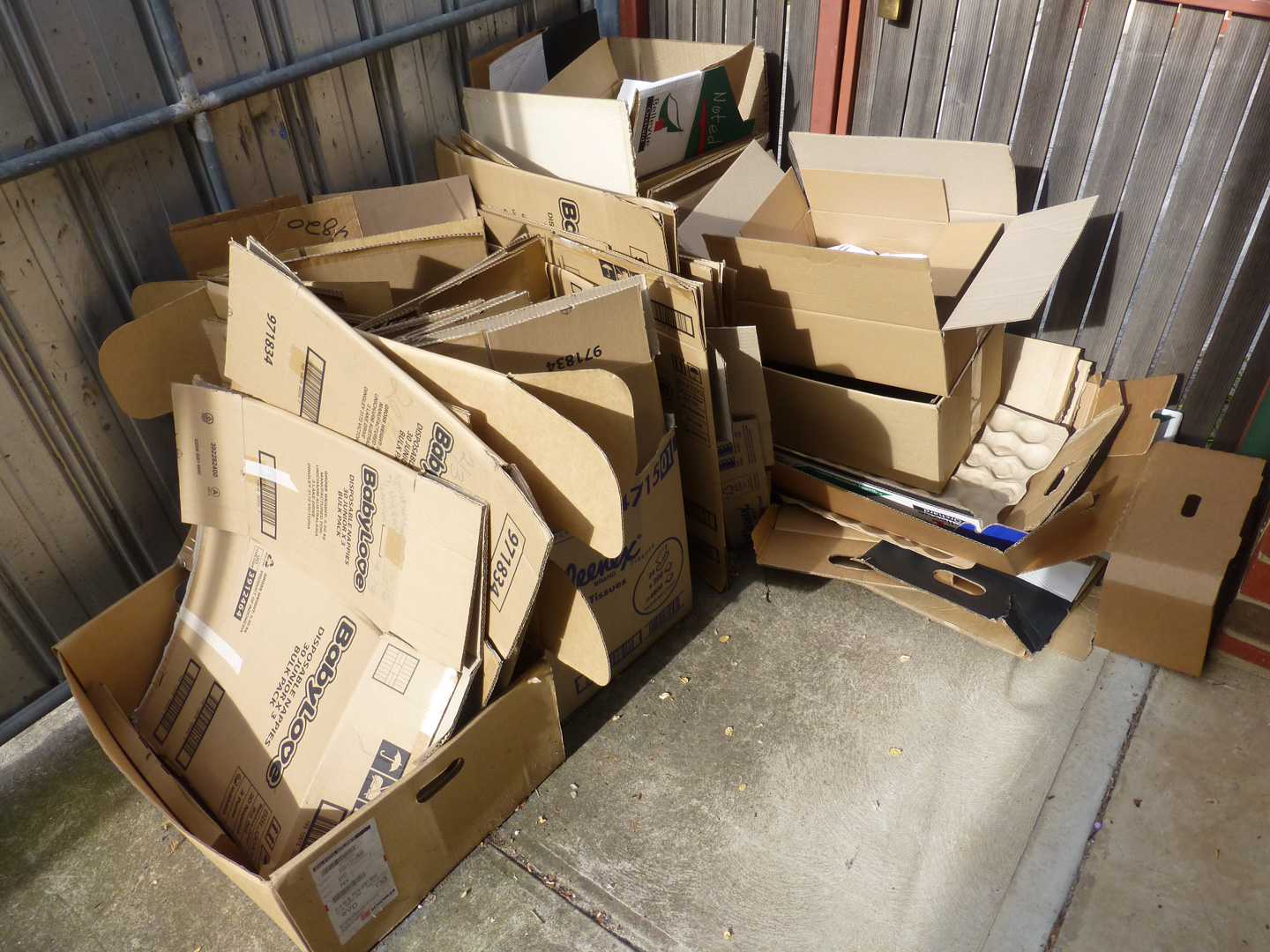
Goodstart Pascoe Vale Cumberland Road East didn’t have enough space to fit all their boxes into recycling bins (October 2015)
As a whole, the waste management services were not meeting the needs of any of the centres, therefore leading to other issues like staff not being able to fit all the rubbish into the bins provided. Over the next 11 months, Little Sprouts supported centres to transition to recycling and better waste management practices through:
- conducting waste audits before and after recycling and other waste management efforts were implemented. This included measuring the amount and type of waste produced by each centre over the period of a week
- working with staff and children to ensure waste bins and practices suited the individual needs of each centre
- exploring each centre’s waste processes and identifying and addressing issues like public use and contamination of bins
- confirming the waste services that centres were receiving/paying for
- checking each centre’s waste service billing and amending any discrepancies
- improving all bins (inside and outside the centres) and practices to better meet current waste industry standards
- assisting five out of six centres to implement composting to reduce food waste going to landfill
- complementing on-ground actions with waste and recycling education for staff and children
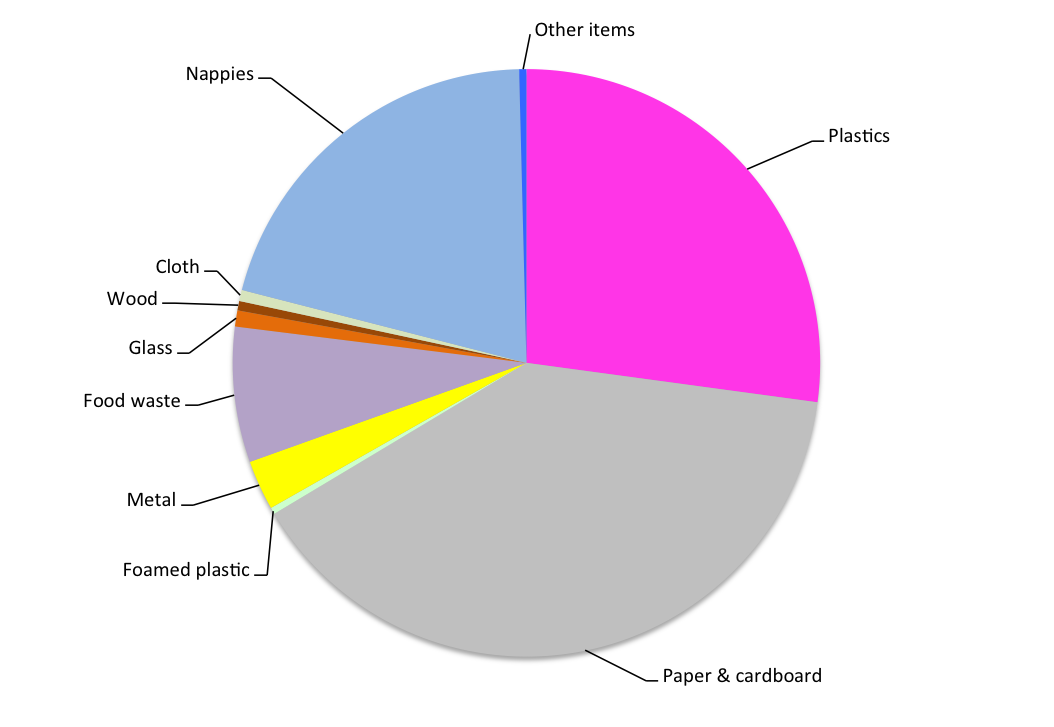
It was important to understand the type of waste Goodstart centres produce to be able to help meet their specific waste management needs
Waste management that works for centres
All centres now have waste management infrastructure and practices that not only meet their waste needs, but also waste industry standards such as consistent colouration of bins for particular waste streams. Centres now have capacity to recycle 25-50% of their total waste. Each centre has different waste needs depending on its size and other factors such as how many children are in nappies.
Six months after introducing changes, centres are currently recycling between 3.5-26% of their waste and this will improve as staff and children become more confident with recycling.
Little Sprouts improved the collection bins in every room to help make it easy for staff and children to participate in recycling throughout the whole centre. Staff and children were engaged in education about recycling and waste management through Little Sprouts incursions and professional development.
73% of staff at the six Goodstart centres are now confident, with 26% very confident in how to recycle. Children are learning about recycling and are able to practice this in their daily routines (linking to Outcome 2, Early Years Learning Framework). Through the support of the Little Sprouts Program, centres now better meet Quality Area 3 standards and elements (particularly 3.3).
The improvements have led to a reduction of close to 7 tonnes of rubbish produced per year from the six centres (combined). The costs of the improved waste infrastructure including recycling at the six centres ($3270 per year) was significantly outweighed by cost savings of over $5300 through Little Sprouts identifying and amending billing discrepancies in their waste services. Recycling is not only good for the environment but is also a cheaper waste stream than general waste services.
Do you need help to get your centre waste management and recycling on the right track? Find out more about how Little Sprouts can support you
“We are doing the right thing now because we have the right waste facilities.” – Educator, Nursery, Goodstart Early Learning Preston
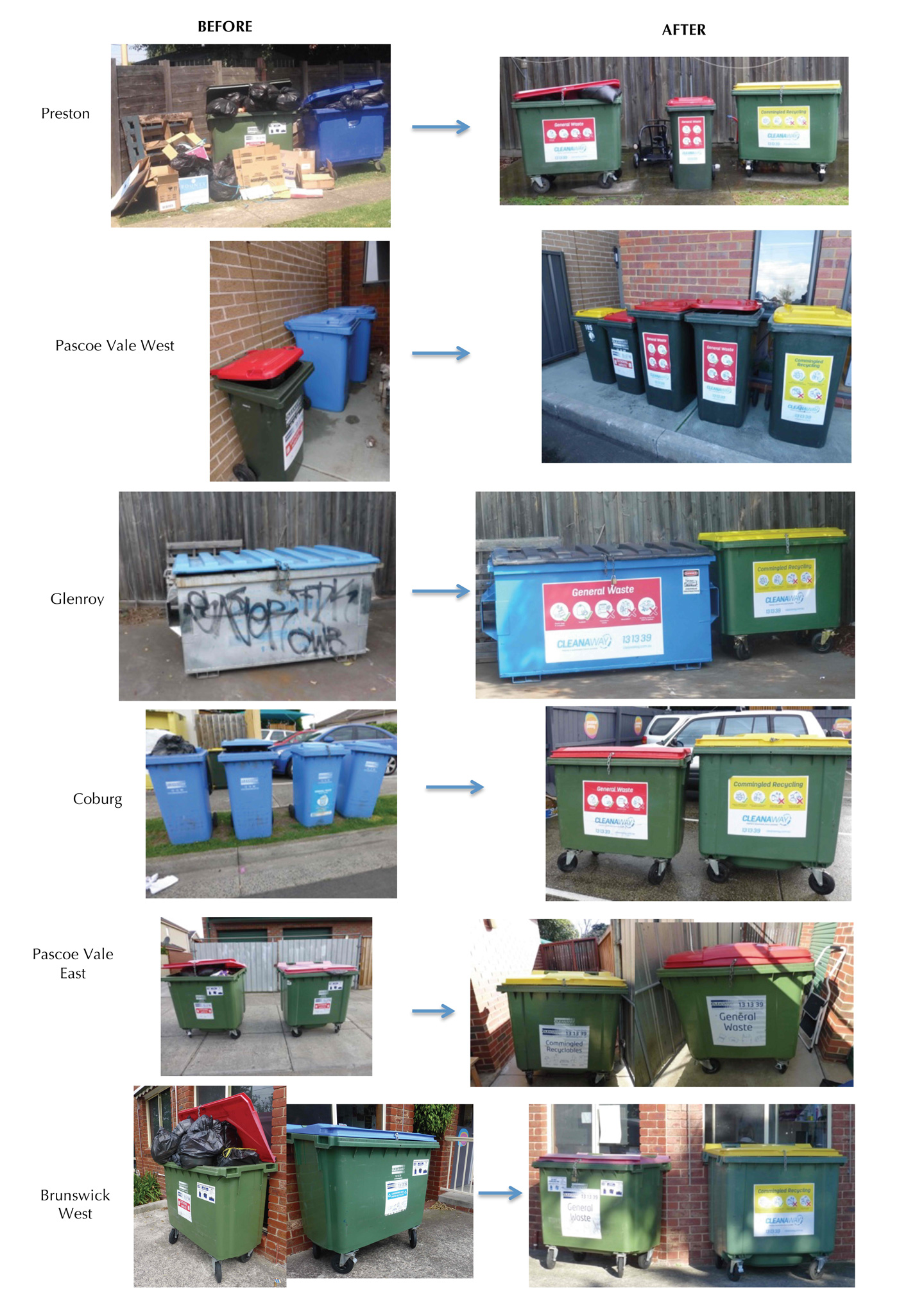
We’d like to share some of our learning from this project with you. Check out the Little Sprouts top 10 tips for recycling in early learning centres.
